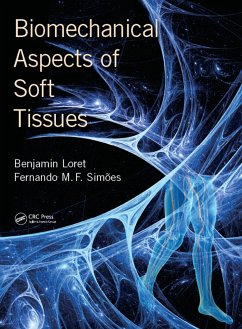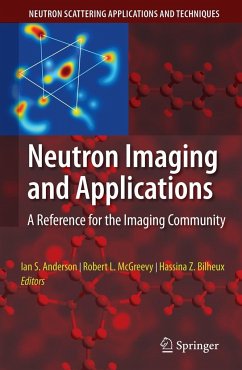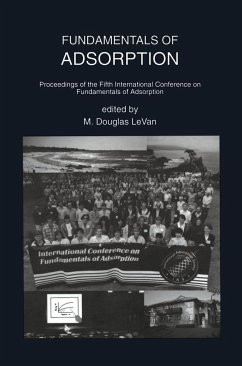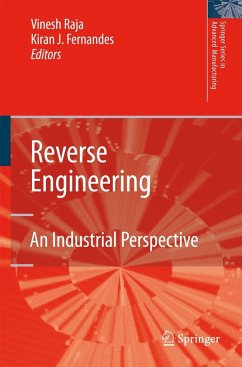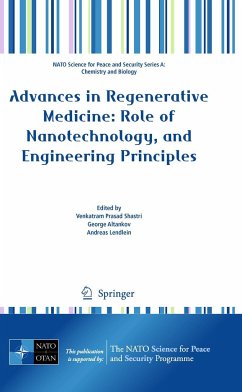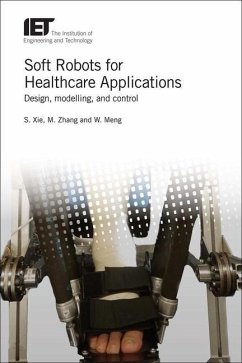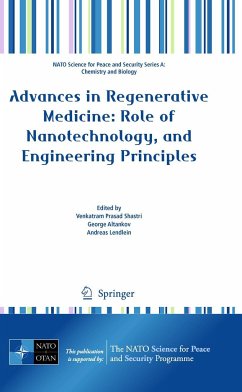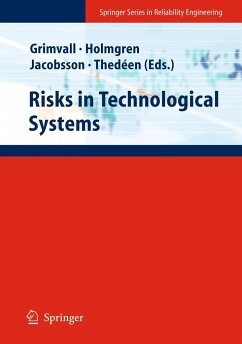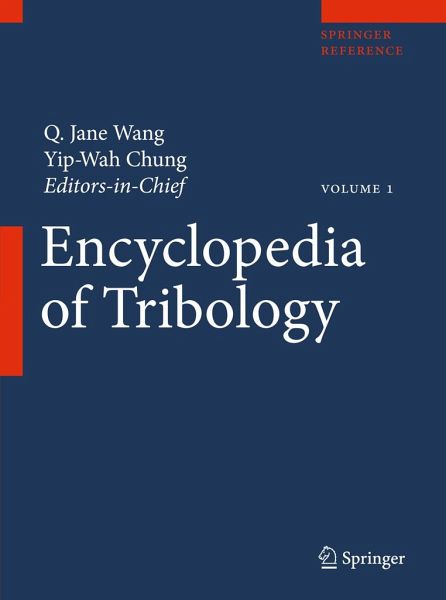
Encyclopedia of Tribology
Versandkostenfrei!
Liefertermin unbestimmt
1.872,99 €
inkl. MwSt.
TRIBOLOGY - the study of friction, wear and lubrication - impacts almost every aspect of our daily lives. The Springer Encyclopedia of Tribology is an authoritative and comprehensive reference covering all major aspects of the science and engineering of tribology that are relevant to researchers across all engineering industries and related scientific disciplines. This is the first major reference that brings together the science, engineering and technological aspects of tribology of this breadth and scope in a single work. Developed and written by leading experts in the field, the Springer En...
TRIBOLOGY - the study of friction, wear and lubrication - impacts almost every aspect of our daily lives. The Springer Encyclopedia of Tribology is an authoritative and comprehensive reference covering all major aspects of the science and engineering of tribology that are relevant to researchers across all engineering industries and related scientific disciplines. This is the first major reference that brings together the science, engineering and technological aspects of tribology of this breadth and scope in a single work. Developed and written by leading experts in the field, the Springer Encyclopedia of Tribology covers the fundamentals as well as advanced applications across material types, different length and time scales, and encompassing various engineering applications and technologies. Exciting new areas such as nanotribology, tribochemistry and biotribology have also been included. As a six-volume set, the Springer Encyclopedia of Tribology comprises 1630 entries written by authoritative experts in each subject area, under the guidance of an international panel of key researchers from academia, national laboratories and industry. With alphabetically-arranged entries, concept diagrams and cross-linking features, this comprehensive work provides easy access to essential information for both researchers and practicing engineers in the fields of engineering (aerospace, automotive, biomedical, chemical, electrical, and mechanical) as well as materials science, physics, and chemistry.




